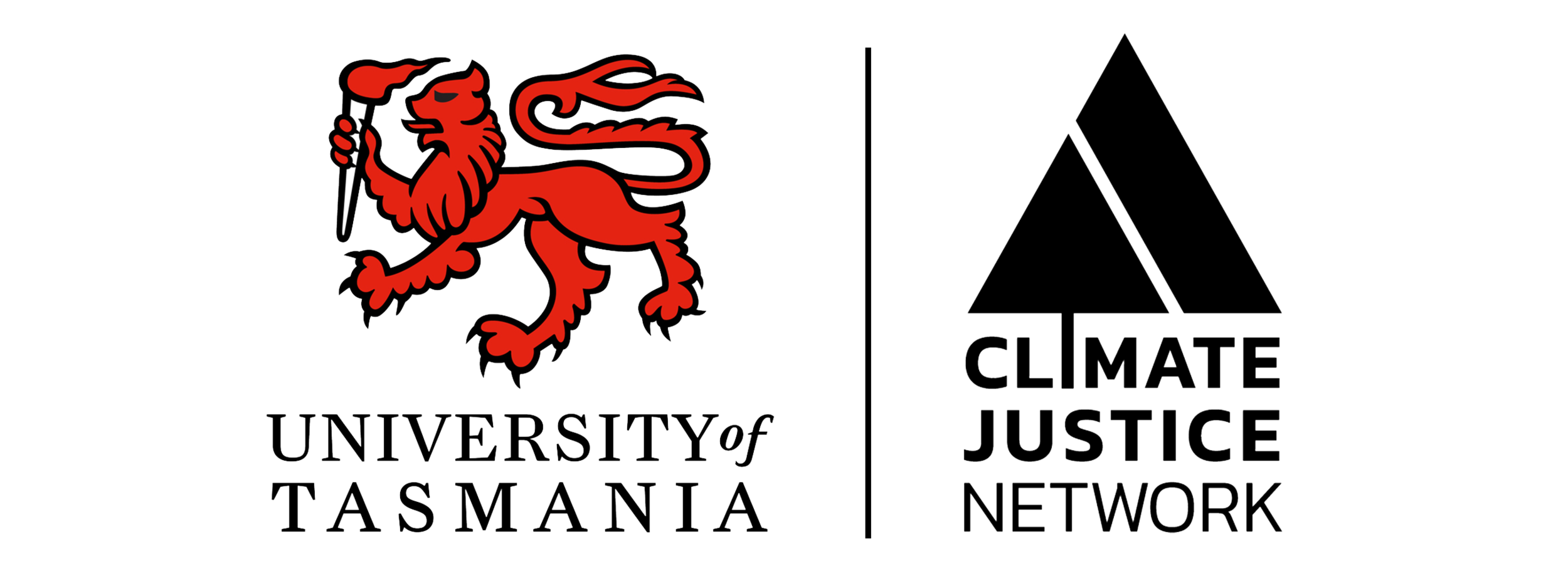Jan McDonald, University of Tasmania
Jan McDonald explored ideas related to fairness in adaptation law, recognizing the challenge of simultaneously operationalizing adaptation law, while also ensuring fairness in adaptation law. Adaptation actions can play a key role in addressing injustices relating to climate change; yet adaptation actions themselves involve making choices and making trade-offs with justice implications. If an over-arching object of adaptation law is fairness, then laws should tackle the issues of who benefits from adaptation, and who pays. The importance of mitigation was also raised, as if mitigation is not stressed in society, adaptation will not be able to cope with climate stresses, and there will be a larger adaptation gap, leading to greater losses and damage locally, nationally and inter-generationally.
This talk was held at:
Imagining a Different Future
Climate Justice Conference
A multidisciplinary conference examining the barriers to responding to climate change, implementing climate justice, and proposing ways forward was held in Hobart 8-9 February 2018. Despite the Paris Agreement, there are real concerns the prevailing neoliberal economic and political model, particularly with the move to more insular, nationalistic, fragile politics, cannot respond effectively to climate change and excludes key considerations such as ethics and justice.
Keynote Presenters were: Robyn Eckersley, Steve Vanderheiden, Catriona McKinnon, Marcus Düwell, Jeremy Moss, Sivan Kartha, Lavanya Rajamani, Guy Goodwin-Gill, Jack Pezzey, Nathan Bindoff, Ben Richardson and Jan McDonald. (Full list of the presenters in the final programme.)
The University of Tasmania hosted the Conference with support of its Faculty of Law, the University of Utrecht Ethics Institute, the University of Tasmania's Institute for the Study of Social Change, Asia Institute, Faculty of Medicine, the Antarctic Climate and Ecosystems Cooperative Research Centre (ACE CRC) and the Institute for Marine and Antarctic Science (IMAS).
Videos and Podcasts from the conference are available on the Knowledge Hub.
